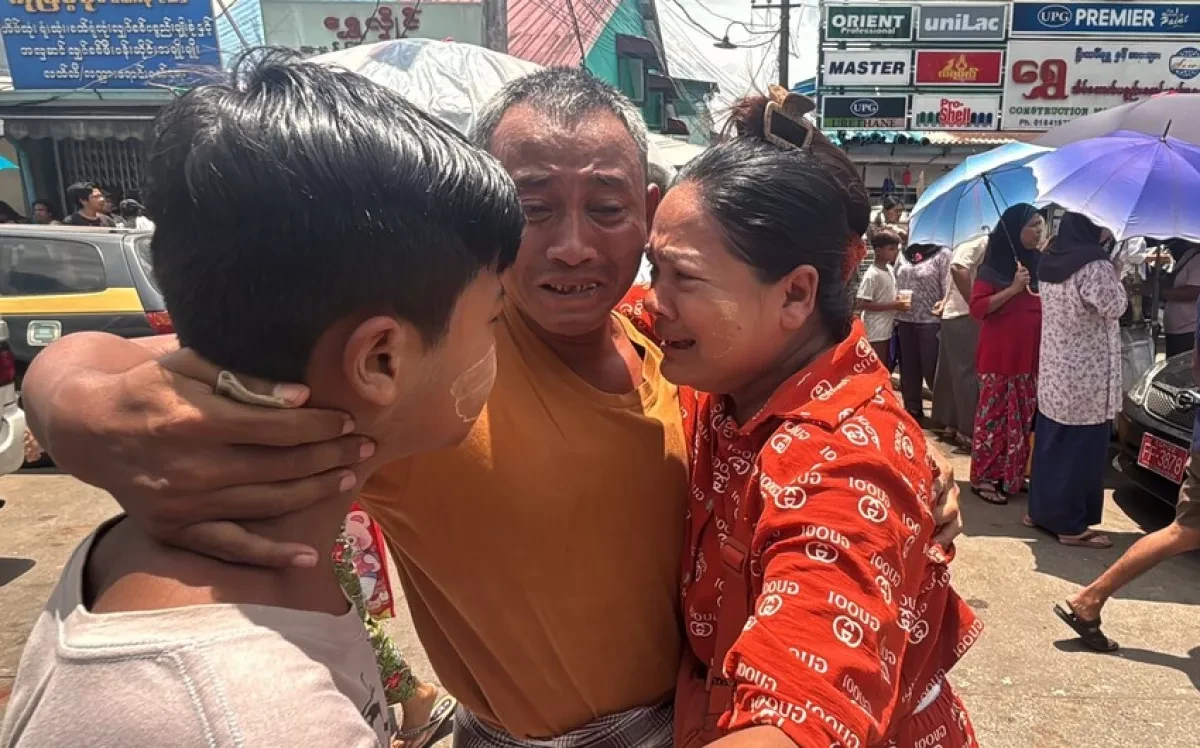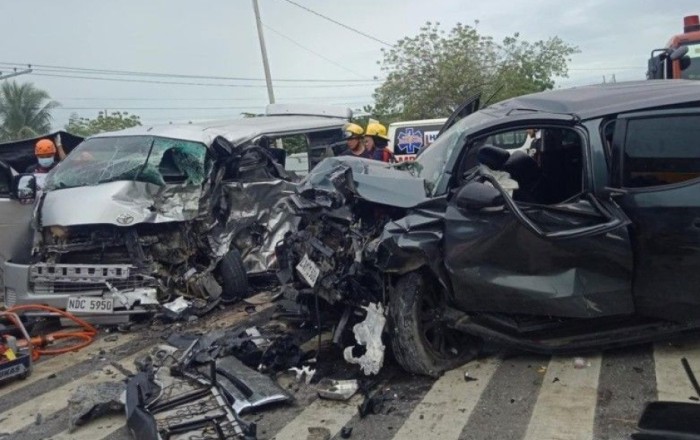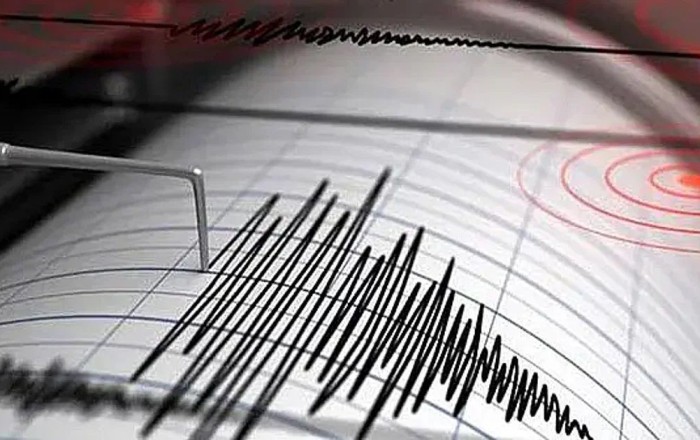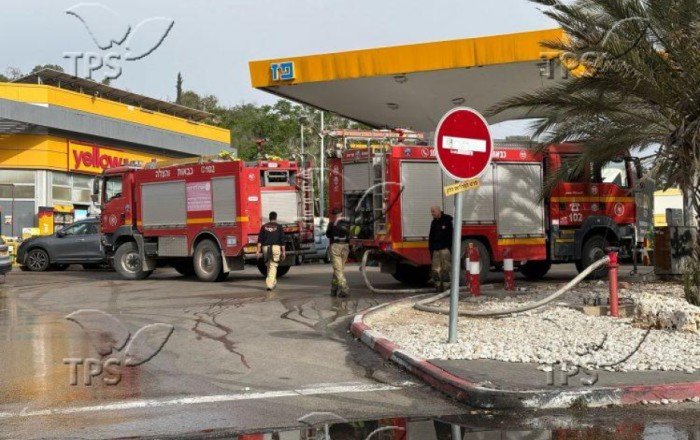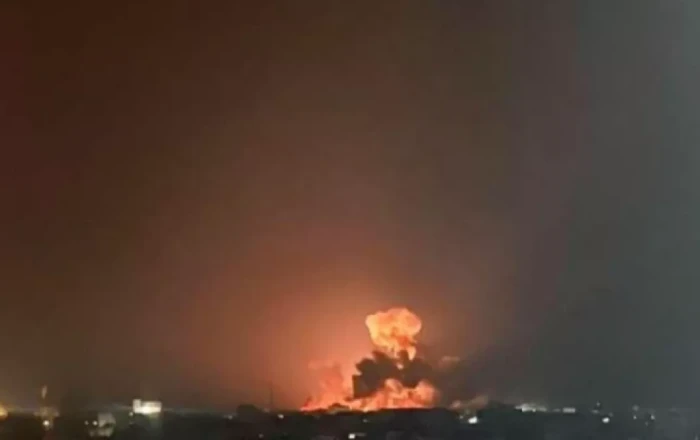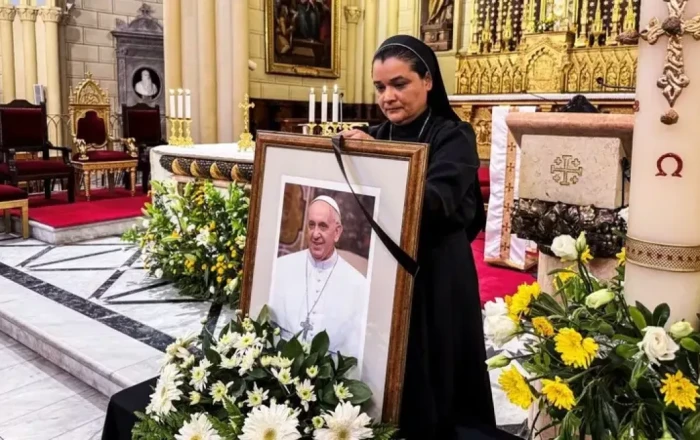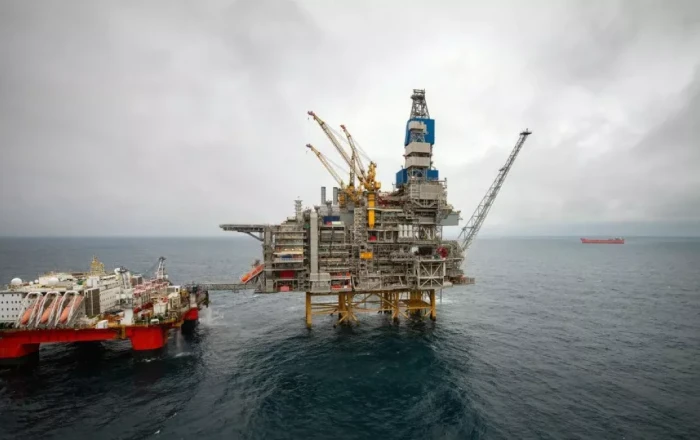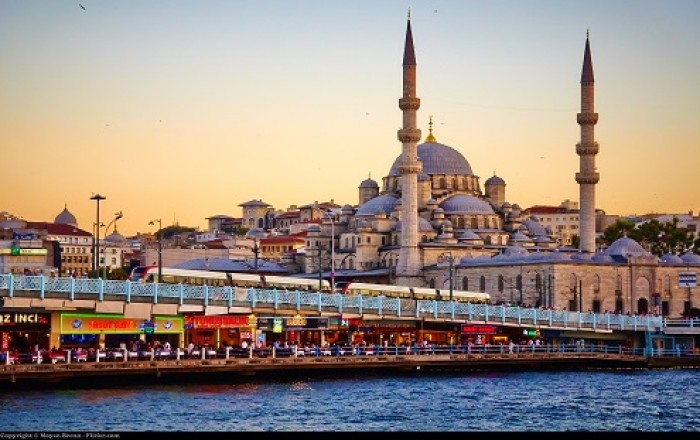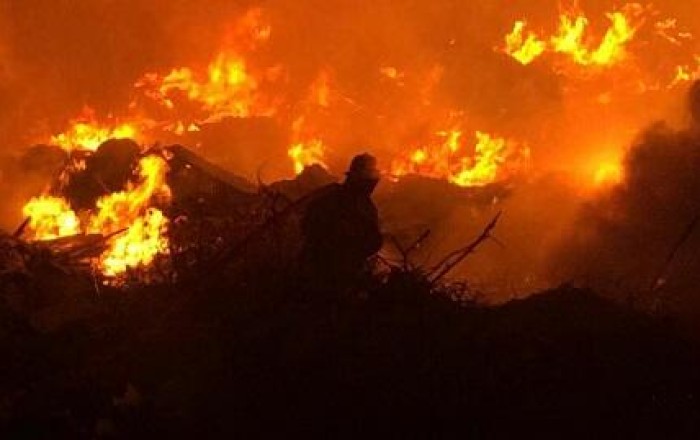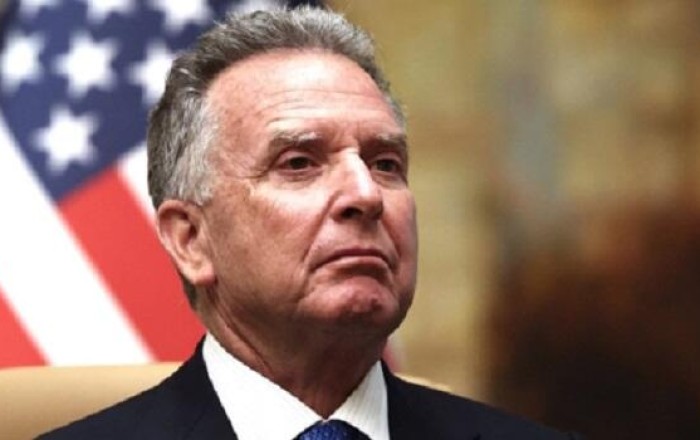Since the military junta's coup in 2021, Myanmar has been plunged into a multi-sided civil war, with civil rights groups reporting that thousands of protesters and activists have been arrested. These arrests followed the abrupt end to the country’s brief experiment with democracy. While amnesties are regularly announced during national holidays or Buddhist festivals, many high-profile political prisoners, including deposed civilian leader Aung San Suu Kyi, remain behind bars.
In a recent statement, the junta announced that it would pardon 4,893 prisoners “to participate in the state-building process, for the peace of mind of the people, and on compassionate grounds”, Caliber.Az reports via foreign media.
Additionally, the junta stated that other prisoners would receive a sentence reduction of one-sixth, excluding those convicted of serious crimes such as unlawful association, terrorism, murder, and rape.
On the morning of the amnesty announcement, around 30 buses left Yangon’s notorious Insein Prison at 11:30 AM local time. A French journalist witnessed some of the freed prisoners disembarking outside the prison gates and being reunited with tearful family members who were holding placards with the names of their loved ones.
The junta also confirmed that 13 foreign nationals would be pardoned and deported, though no details were provided regarding their identities or crimes.
This amnesty came as Myanmar’s junta leader, Min Aung Hlaing, was reportedly set to make a rare foreign visit to Bangkok. He was scheduled to meet Malaysian Prime Minister Anwar Ibrahim, who is chairing the Association of Southeast Asian Nations (ASEAN) this year.
ASEAN has previously excluded junta officials from its summits due to a lack of progress on a peace plan. However, Prime Minister Anwar indicated that the two would meet to discuss the safety of Malaysian humanitarian teams deployed in Myanmar following a devastating earthquake on March 28, which resulted in 3,725 fatalities, according to the latest official count.
Although Myanmar typically celebrates its New Year with the "Thingyan" water festival, which involves water-splashing rituals symbolising renewal and cleansing, this year’s festivities have been subdued due to the ongoing crisis and the aftermath of the deadly earthquake.
By Tamilla Hasanova
Source: caliber.az


